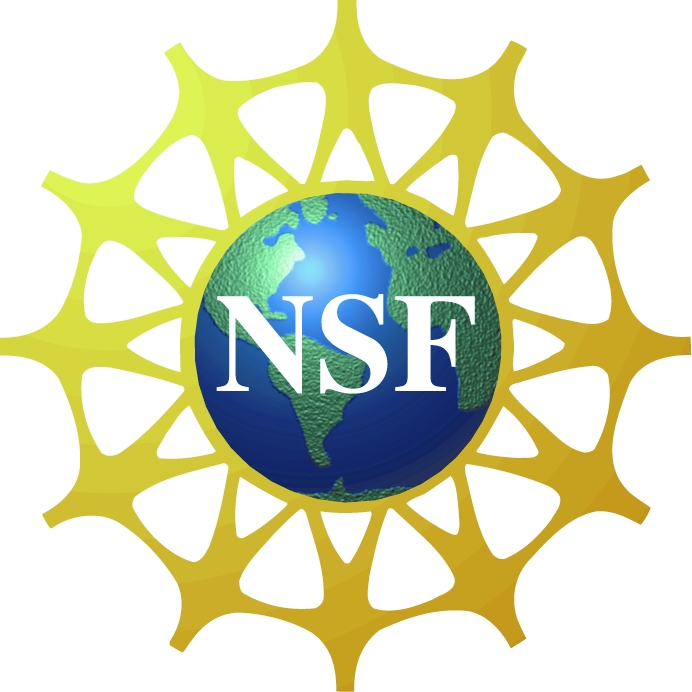Difference between revisions of "Main Page"
(Update What's New: Include 2013 Summer Workshop Info) |
(Change the GEM white paper to the latest version (2013.05.30)) |
||
| Line 6: | Line 6: | ||
== What's New == | == What's New == | ||
| + | * <span style="color:magenta;font-weight:bold;">[http://spc.igpp.ucla.edu/gem/pdf/GEMWhitePaper-2013.05.30.pdf '''The latest draft of GEM White Paper'''] <span style="color:magenta;font-weight:bold;"> is now available.</span> | ||
* GEM will be holding two workshops back-to-back during June 16-23, 2013. See [[2013 Summer Workshop|'''2013 Summer Workshop''']] and [[2013 GEM-CEDAR Workshop|'''2013 GEM-CEDAR Workshop''']] for details. | * GEM will be holding two workshops back-to-back during June 16-23, 2013. See [[2013 Summer Workshop|'''2013 Summer Workshop''']] and [[2013 GEM-CEDAR Workshop|'''2013 GEM-CEDAR Workshop''']] for details. | ||
| − | |||
* The 2012 GEM Mini-Workshop was held in San Francisco on Sunday, December 2.([http://gem.epss.ucla.edu/mediawiki/pdf/MiniWorkshopSchedule_GEM2012.pdf Workshop Schedule]) | * The 2012 GEM Mini-Workshop was held in San Francisco on Sunday, December 2.([http://gem.epss.ucla.edu/mediawiki/pdf/MiniWorkshopSchedule_GEM2012.pdf Workshop Schedule]) | ||
* The 2012 GEMstone (Volume 22) has been published and is available in the [[Newsletters|Newsletters]] section. | * The 2012 GEMstone (Volume 22) has been published and is available in the [[Newsletters|Newsletters]] section. | ||
Revision as of 05:30, 10 June 2013
Geospace Environment Modeling (GEM) 
Geospace Environment Modeling (GEM) is a broad-based, community-initiated research program on the physics of the Earth's magnetosphere and the coupling of the magnetosphere to the atmosphere and to the solar wind. The purpose of the GEM program is to support basic research into the dynamical and structural properties of geospace, leading to the construction of a global Geospace General Circulation Model (GGCM) with predictive capability. This GGCM model will be modularized and will complement parallel developments of magnetohydrodynamic models. The strategy for achieving GEM goals is to undertake a series of campaigns and focus groups, in both theory and observational modes, each focusing on particular aspects of the geospace environment.
The Geospace Environment Modeling (GEM) program is sponsored by National Science Foundation (NSF) Division of Atmospheric and Geospace Sciences.
What's New
- The latest draft of GEM White Paper is now available.
- GEM will be holding two workshops back-to-back during June 16-23, 2013. See 2013 Summer Workshop and 2013 GEM-CEDAR Workshop for details.
- The 2012 GEM Mini-Workshop was held in San Francisco on Sunday, December 2.(Workshop Schedule)
- The 2012 GEMstone (Volume 22) has been published and is available in the Newsletters section.
Acknowledgment and Disclaimer
This GemWiki site is supported by the National Science Foundation under Grant No. 0903107. Any opinions, findings and conclusions or recommendations expressed at this web site are those of the authors and do not necessarily reflect the views of the National Science Foundation (NSF).